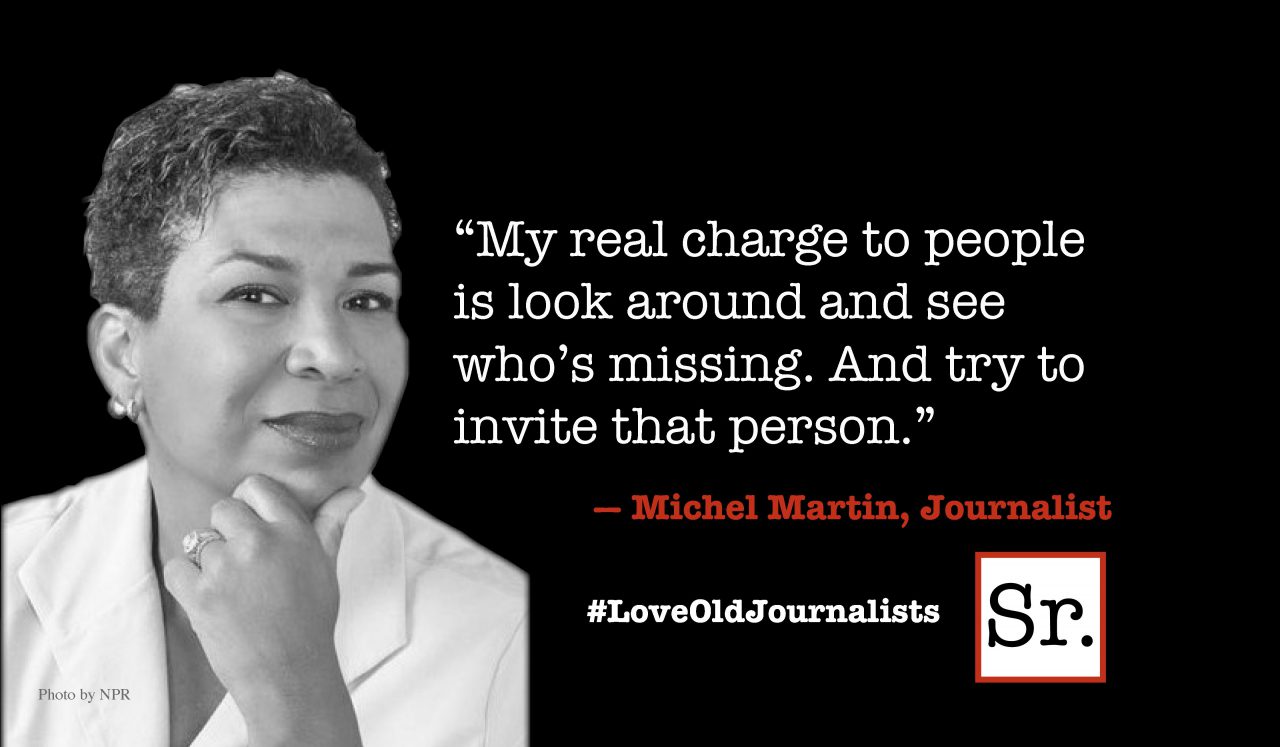I read an article recently that discussed how many baby boomers experience difficulties in their relationships with adult children, citing,“not enough time together, not enough regular communication, not feeling needed or wanted…not understanding why they aren’t closer.”
As I travel the US giving talks, I meet with lots and lots of baby boomers. The greatest joy of one’s older years is spending time with grandchildren, well-behaved, truly happy grandchildren, that is. Indeed, they grumble a good deal about their adult children, but not about wanting a deeper relationship. Their complaint—lamentation is more like it—concerns their grandchildren.
Two 60-something boomers told me that when it comes to their daughter's house they typically, “don’t understand what is going on.” The grandchildren are disrespectful, disobedient, demanding, and ungrateful. They throw tantrums when they don’t get their way and constantly interrupt adult conversations. They wonder how it is that their daughter, whom they raised to be respectful and well-mannered, seems to have completely rejected her own upbringing? When the grandparents offer her advice, she tells them to mind their own business. Their daughter says, “parents in my generation do things differently. We want our children to think for themselves, to question authority.”
Obviously, their daughter doesn’t realize her child has no problem thinking for herself or questioning authority. And she’s merely and mindlessly repeating a meme of late-1960s American parenting culture. Other such memes include “children deserve reasons,” “children need a lot of attention,” and “children have a right to freely express their feelings.” These sentiments defined the parenting paradigm of that tumultuous decade. Experts maintained that parents and children were equals, that families should be democratic, and that parents should be willing to negotiate any conflict with their kids. The result is too many children who defy authority, are disrespectful, argumentative, have no respect for adult-child boundaries, and are ruled by their undisciplined emotions.
That is what today’s grandparents complain to me about: grandchildren who refuse to eat what’s put on their plates, complain vociferously about minutiae, and think they should have the final word on any subject; grandchildren who pout or throw tantrums when things don’t go their way, direct sarcastic remarks at adults, and will not do household chores unless paid handsomely.
One would think that treating a child as if she’s a small, but equal to in every other way, adult would result in a happy, contented child. That was, after all, what the experts continue to promise. But these children are not at all happy. Compared to other generations, whose parents insisted upon old-fashioned respect and obedience, they are miserable.









